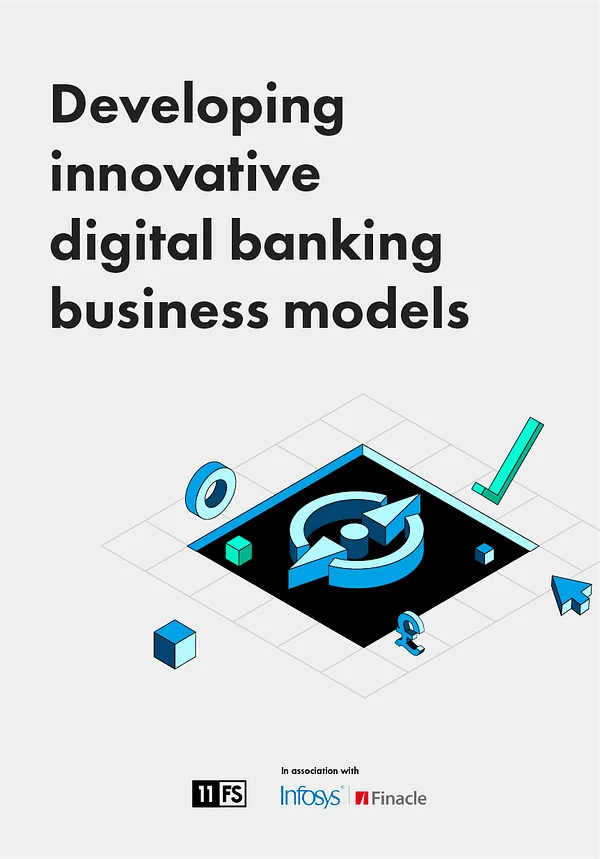Want to know more about insurtech, insurance and the changes within this ripe-for-disruption industry? We have the show for you.
Introducing... InsurTech Insider
Tried and tested on the Fintech Insider stream, InsurTech Insider launches this week on its own stream, with a dedicated audience of industry experts, enthusiasts and those who just want to find out more. We are endeavouring not just to uncover the latest news and trends within insurtech, we’ll also bring you the disruption and challenges to the traditional insurance industry as well as the human stories behind the insurance - who is affected and how, and are all the changes for the better? So far we have covered: insurtech for beginners, the data economy, key industry disruptors, insurance as a platform, an Aviva takeover, and the InsurTech Connect event in Las Vegas.
Are Autonomous Vehicles driving change in 2018?
Our latest episode for 2018 focuses on one of the biggest shake-ups in innovation and insurance: Autonomous Vehicles. This headline grabbing topic has been making big waves in recent months with the help of Tesla and Google as well as more homegrown developments such as Jaguar Land Rover’s testing in Coventry and the UK government’s £200,000 fund for companies contributing to the driverless vehicles infrastructure. We invited some of the industry’s best voices to come and join hosts Sarah Kocianski and Nigel Walsh for a roundtable discussion on Autonomous vehicles, and the changes they’ll have not only to traditional insurance models but also the wider impact on society as a whole. We were joined by David Williams - Technical Director at Axa; Oliver Ralph, Insurance Correspondent at the Financial Times and Greg Brown, Partner at Oxbow Partners.
Will autonomous vehicles change the way we drive?
We put to the panel key questions such as: why are autonomous vehicles such a huge area of innovation and development right now? Will autonomous vehicles change the way we drive - or indeed, if we even need to drive? Will we all just become passengers? The general consensus was that adoption is coming but it’ll be slow and incremental - we won’t go from nothing to fully autonomous in one switch, small changes will come in to begin to take over the driving process, freeing up drivers from the wheel, allowing them more freedom in the car than now. Greg give the example of putting a car on autopilot/cruise control and having swivelling seats, giving drivers the ability to turn around and sort out crying children in the backseat safely, while on the move rather than pulling over.
Rate of adoption
In addition to driverless cars we also quiz our panel on other vehicles and indeed other types of transportation for example taxis, emergency services, lorries, trucks, vans and other forms of cargo and delivery transport. Could these become autonomous, and what sort of shift in society would or could this cause? The panel also believe that consumer or recreational adoption will come second to haulage and other commercial vehicle adoption. Where the general public can see autonomous vehicles working in safe, commercial situations, they’ll be more reassured and more willing to adopt autonomous vehicles themselves.
The social impact of autonomous vehicles
What is not disputed is that autonomous cars are definitely on their way, which will have a major impact on the way we drive and the safety of our roads. 94% of accidents are caused by human error, will autonomous cars make our roads safer if human error is removed? Our panel believe so, but there is an interesting debate to be had around how well do autonomous cars respond to hazards and the ability to override the driverless car if the situation required it? Additionally what happens to those who enjoy driving and continue to drive while around them driverless cars are taking over the roads?
How are insurance models impacted?
If autonomous vehicles make driving much much safer, and indeed drivers become passengers, what impact does the driverless model mean for insurance? The panel discuss how models are having to change and be re-thought - in this case the “driving” insurance sits with the manufacturer or the hiring company of the car, not the passenger. “I wonder how much the insurance industry is ready for it” says Oliver. “Who owns the risk going forward?” asks Nigel. Listen to the episode in full to find out what they decide.
Stay tuned for new episodes coming soon!
We aim to bring you more guests, more discussion and more news and stories from the insurance world. Subscribe to the show so you never miss an episode, follow us on Twitter @instechinsiders, and if you really love the show, leave us a review!





.svg)
.svg)






